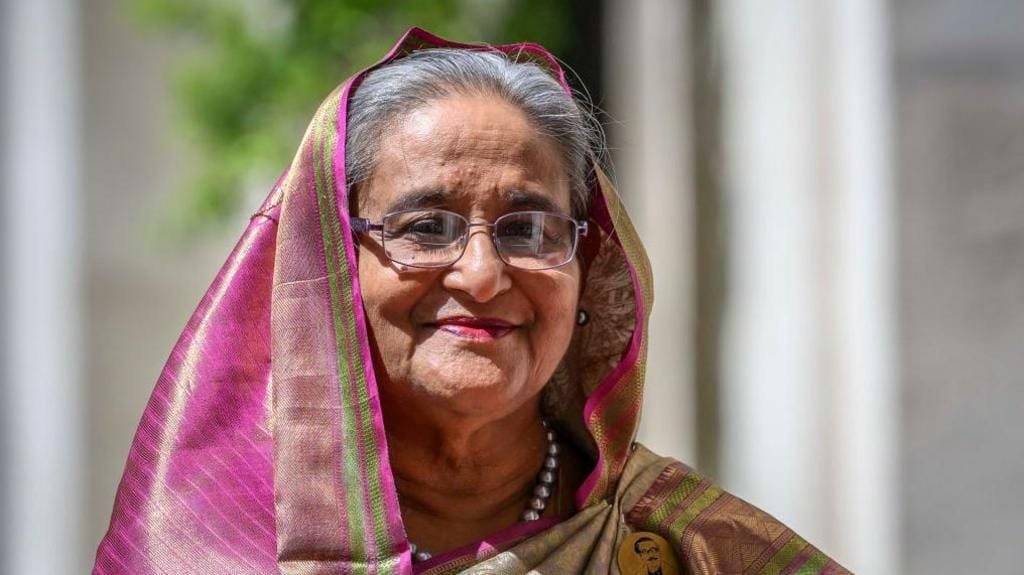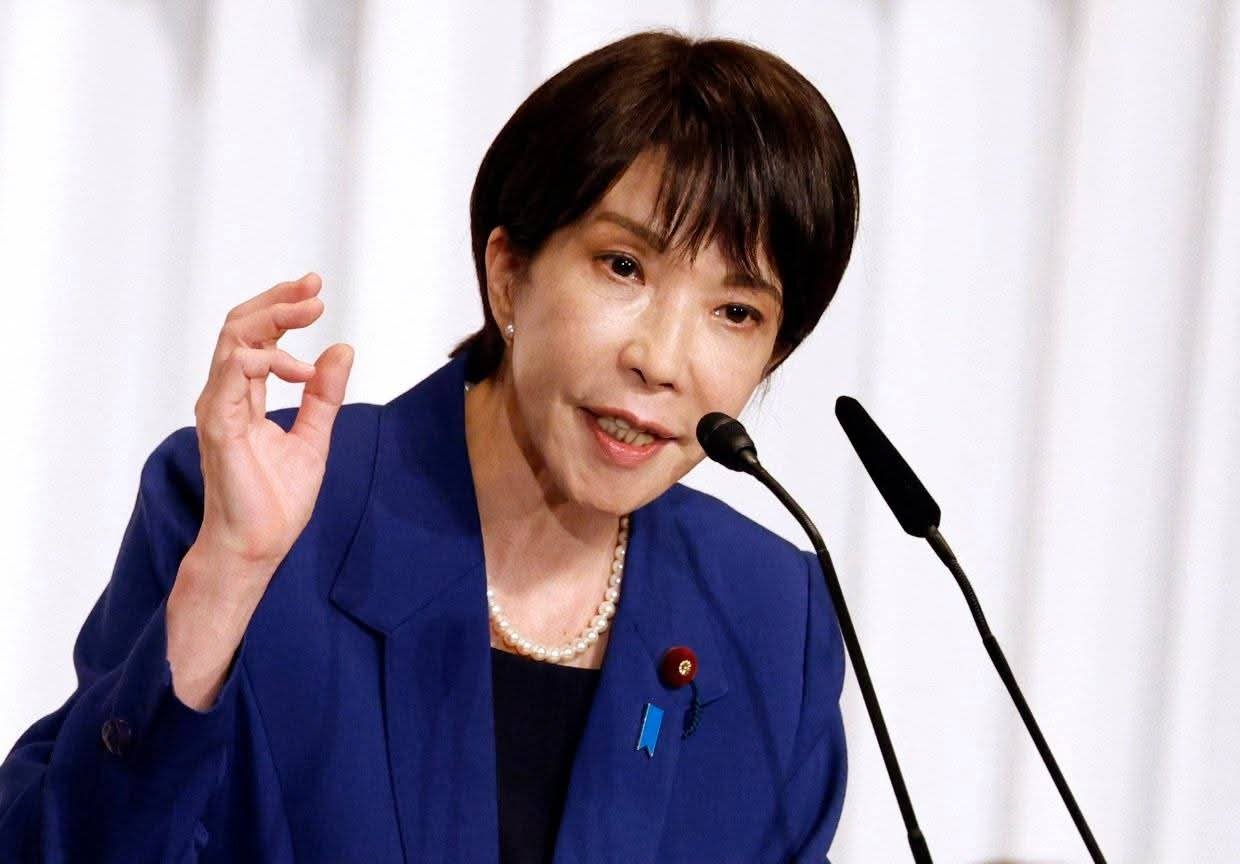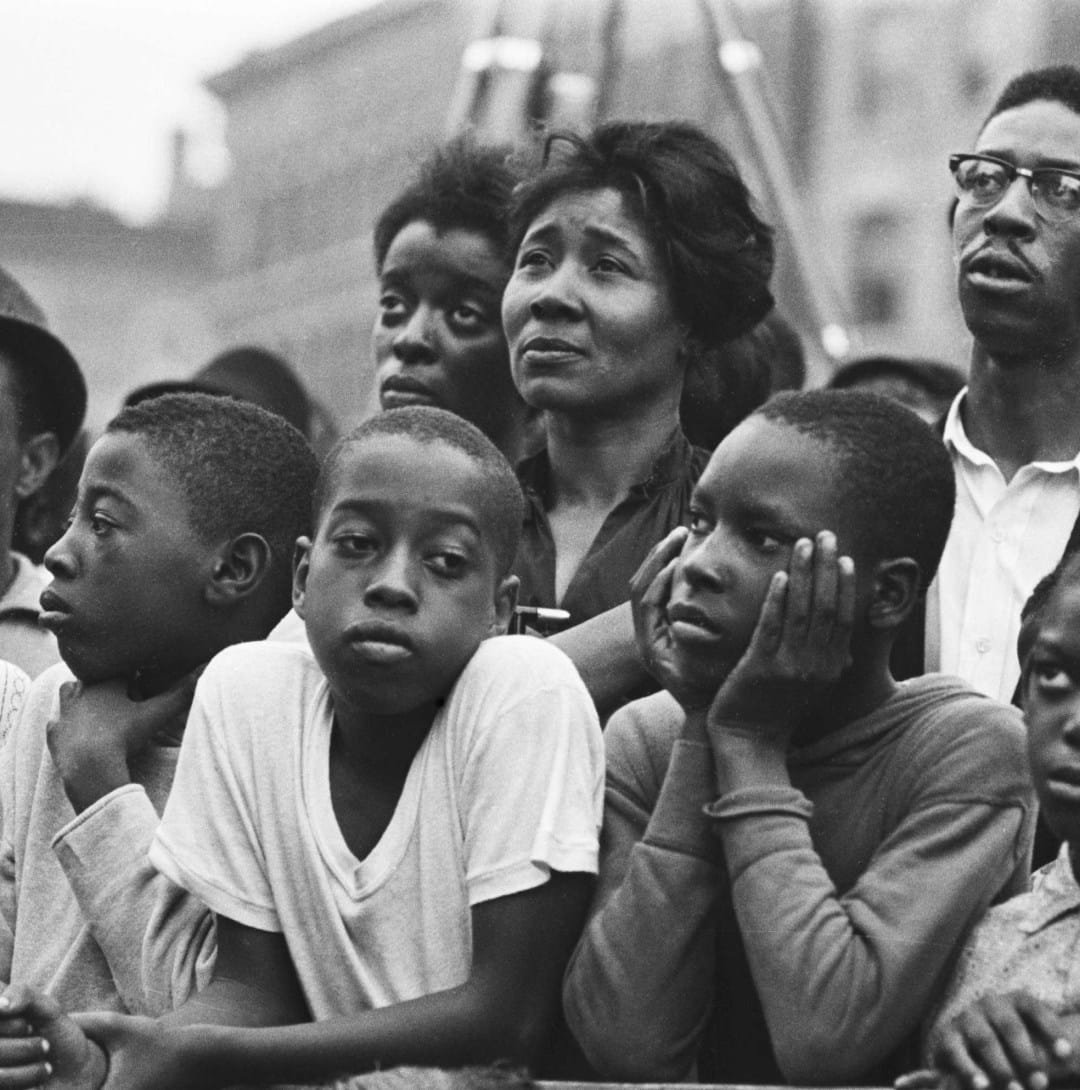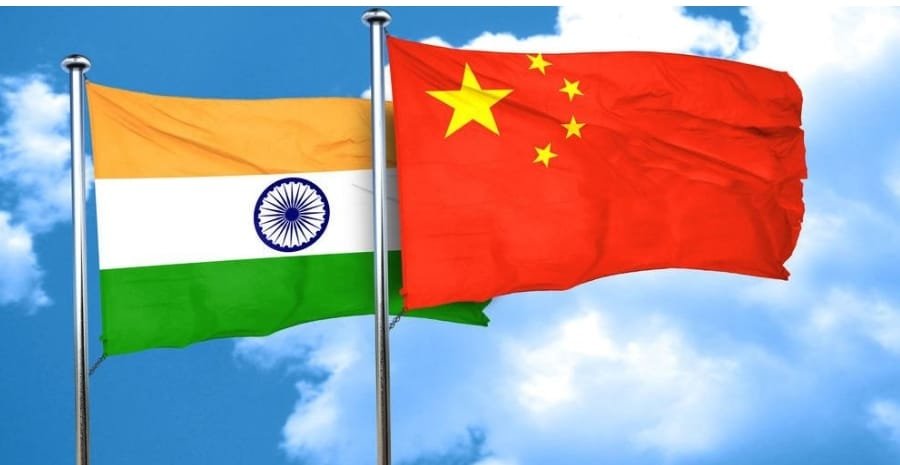The political landscape of Bangladesh has entered one of its most tumultuous phases in modern history. Former Prime Minister Sheikh Hasina, once celebrated as a stabilizing force and credited for economic growth, has now been sentenced to death by the International Crimes Tribunal of Bangladesh (ICT-BD). The verdict — delivered in her absence — has divided the nation, triggered global concern, and raised fundamental questions about the fairness of the trial.
This article explains the background, the charges, the trial process, the controversies, and the complex political and legal implications.
- Background: From Power to Exile
In mid-2024, Bangladesh saw one of the largest student-led uprisings in its history. What began as protests soon escalated into a nationwide movement demanding political reform. The government’s security response was harsh and, according to various human-rights groups, excessively violent.
Over 1,000+ protesters were killed.
Security forces allegedly used live ammunition, helicopters, and drones.
Videos of police brutality went viral, fuelling public anger.
By late 2024, Hasina lost control of the country. She fled to India, where she has stayed ever since under the protection of the Indian government. A new interim administration, headed by Nobel laureate Muhammad Yunus, initiated legal proceedings against her.
- The Charges Against Hasina
Hasina was indicted on five counts of crimes against humanity, including:
Ordering the killing of protesters
Incitement to mass violence
Conspiracy to commit atrocities
Failure to prevent the mass killing
Abuse of state power during the crackdown
The prosecution argued that Hasina directly controlled the military and police and that the widespread killings could not have happened without her knowledge and approval.
One widely discussed incident was the close-range killing of a student named Abu Sayeed, which became symbolic of the state’s excessive violence.
- Trial in Absentia: Why Controversy Arose
The most debated aspect of the case is that the trial was held in absentia. Hasina refused to appear, claiming the tribunal lacked legitimacy. Her lawyers argued that:
She was not given enough time to prepare her defense.
Several witnesses were not allowed to be cross-examined.
The tribunal was influenced by politics rather than law.
The interim government changed certain laws to ensure a harsh outcome.
Human rights organizations echoed these concerns.
What critics say
Amnesty International called the trial “manifestly unfair.”
International observers questioned the sudden speed of the legal process.
The use of the death penalty in a politically charged trial drew strong criticism.
The trial seemed to coincide with political moves to weaken Hasina’s Awami League.
What the tribunal says
The court maintained that:
Bangladesh needed accountability for mass killings.
Evidence, including phone conversations and military directives, proved her role.
The severity of the crime justified the severity of the punishment.
- The Verdict: Death Sentence on Three Counts
On 17 November 2025, the tribunal announced:
Death penalty on three charges
Life imprisonment on two charges
Co-accused former Home Minister Asaduzzaman Khan also received the death sentence.
Former police chief Abdullah al-Mamun, who cooperated, received a lighter 5-year sentence.
Victims’ families cried in court, saying justice had finally been served.
Supporters of Hasina, meanwhile, called it a political assassination using legal tools.
- Hasina’s Response from India
Hasina reacted sharply from exile, calling the judgment:
“A politically motivated charade”
“A revenge trial by an unelected regime”
“A complete violation of international legal norms”
Her son Sajeeb Wazed said she would not return to Bangladesh because she would be immediately arrested and executed. India has not given any signal that it would extradite her.
- International Reaction
UN
The UN human rights office acknowledged the need for accountability but condemned the death penalty, urging Bangladesh to uphold international standards.
Human rights groups
Most global human-rights organizations expressed concern over:
Speed of proceedings
Lack of transparent due process
Use of capital punishment
The political climate surrounding the verdict
Foreign governments
Many countries are cautious, watching how the situation unfolds. No major nation has openly supported the verdict; several have privately expressed alarm.
- Is This Justice or Political Retribution?
The real debate is not whether crimes occurred — over a thousand people died in a brutal crackdown. The question is:
Was this verdict the result of an impartial legal process, or was the law used as a weapon to destroy a political opponent?
Arguments for justice
Families of victims waited for accountability.
The scale of violence under Hasina’s regime was undeniably massive.
A state cannot ignore mass killings of its citizens.
Arguments for political misuse
Trial in absentia weakens legal credibility.
Political timing of the indictment raises suspicion.
Changes to the law made the trial easier for prosecutors.
The death sentence overshadows the moral legitimacy of the case.
- What Happens Next?
Appeal
Hasina can appeal the verdict — but only if she surrenders or is extradited. Both are highly unlikely.
India’s role
India is now a key player. If it refuses extradition, the sentence may remain symbolic, though politically explosive.
Bangladesh’s internal politics
The verdict may:
Deepen political polarization
Create long-term instability
Re-shape the Awami League
Strengthen the interim government’s control
Regional diplomacy
Relations between Bangladesh and India will be closely watched. Extradition pressure may rise.
The sentencing of former Prime Minister Sheikh Hasina is a historic moment — but also a deeply complicated one. It mixes law, politics, emotion, and public trauma. Whether it becomes a milestone of justice or a warning sign of political vengeance will depend on how transparent the next steps are and whether Bangladesh can ensure due process without political interference.












